Nigeria’s Minister of Works, Babatunde Fashola, has blamed the current poverty level in the country to the previous administration, alleging that huge sums of money were looted out of the country.
The minister was reacting to the recent poverty index report released by the National Bureau of Statistics (NBS) which revealed that 63 percent of persons living in Nigeria (133 million people) are multidimensionally poor.
He said that there was a time before the present administration when funds were being taken out of the country and also from an agency of the Nigerian National Petroleum Corporation (NNPC) to fund elections in the country, adding, “That was the cause of poverty; if they took away money that would have been used to address issues in the country, that is the cause of poverty”.
“NNPC is now investing N651 billion in road construction but that was the money some people used to fund electioneering campaigns and provide cars for friends in the past. Buhari has put back the money where it belongs. These are things that are heading in the right direction”, Fashola said.
The NBS in the poverty index report released in November had recommended investments in Health, Education and Infrastructure among others as viable means to take the people out of poverty.
Fashola however, said that the Federal Government was already implementing the NBS recommendations for getting Nigeria out of poverty with the massive investment in infrastructure renewal and expansion being carried out by the Muhammadu Buhari administration.
The minister, who stated this during briefing of the Ministry on Thursday, noted that many people had been quoting the NBS report in terms of the poverty rate.
He said “That (Infrastructure) was already happening before the recommendation came. President Buhari had started investing in infrastructure. That is why you and I are here.”
Explaining that poverty has different dimensions including, monetary and multidimensional poverty, the Minister pointed out that the importance of infrastructure lay in the fact that it not only addresses monetary poverty but also multidimensional poverty which, according to him, includes absence of access, choice and efficiency.
“And so for me, why is infrastructure so important? It is addressing poverty, the dimensional and multi-dimensional issues. It provides jobs during construction and it makes life better after construction. And as we have seen, as construction is going on journey time is getting better year-on-year”, he said.
He maintained that the Buhari administration “is on the right track” as far as addressing the poverty issues are concerned, adding that results would manifest in due course.
He urged people who express anxiety over the seeming delay in the results of the investments to commend the administration for investing the nation’s resources for the benefit of the people.
“When there is a problem it takes time to design a solution and when you apply the solution it takes time to get the final results. But ours is past the design stage because we are already seeing the results”, Fashola stated.
“The other point I want to make is to say that no opposition or adversary of this government can take the credit of our investment in infrastructure away. When all other funding avenues fell, this government found other funding sources. So, we now talk of the SUKUK; we are now talking about the Road Infrastructure Tax Credit Scheme, we are now talking about the Presidential Infrastructure Development Fund”, the minister added.
Fashola said that President Buhari went abroad, at the beginning of his administration in 2015 to request for the repatriation of stolen funds from the countries in which they were being kept to enable him fund critical infrastructure.
He stated that the funds were being used for the execution of projects like the Second Niger Bridge, the Abuja-Kano Road and the Lagos-Ibadan Expressway among others.
“When the President committed in his June 12, 2019 remark that he was going to lift 100 million Nigerians out of poverty, perhaps, not many people thought it was possible. But that process has started.
“All of these construction companies would ordinarily be out of work if the infrastructure programme is not being implemented; there would be no work for the people. And then the people who depend on construction for their businesses; those who own quarries, those who own construction equipment, trucks, tractors, bitumen, cement, without construction they will be out of job,” the minister further explained.
The Minister expressed disappointment that the opposition would only talk about infrastructure without connecting it with the numerous benefits such as the creation of direct and indirect jobs, businesses, and others which, according to him, lead to the creation of a vibrant economy and legitimate distribution of wealth through the value chain, adding, that the benefits accruing from the massive infrastructure investment were moving round the nation’s economy.
Victor Ezeja is a passionate journalist with seven years of experience writing on economy, politics and energy. He holds a Master's degree in Mass Communication.




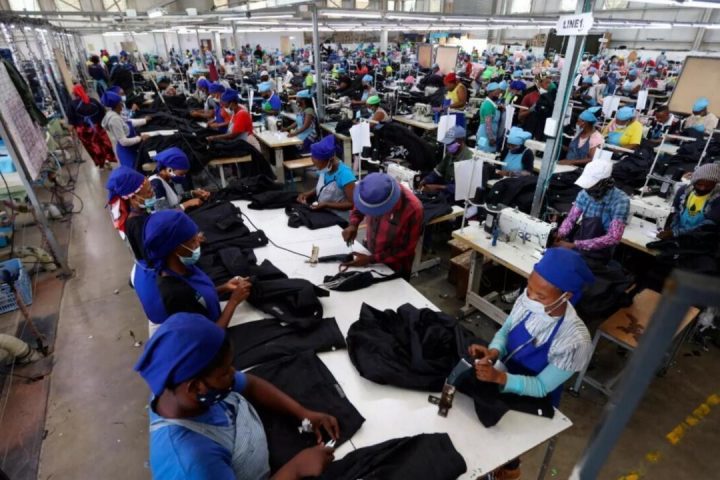
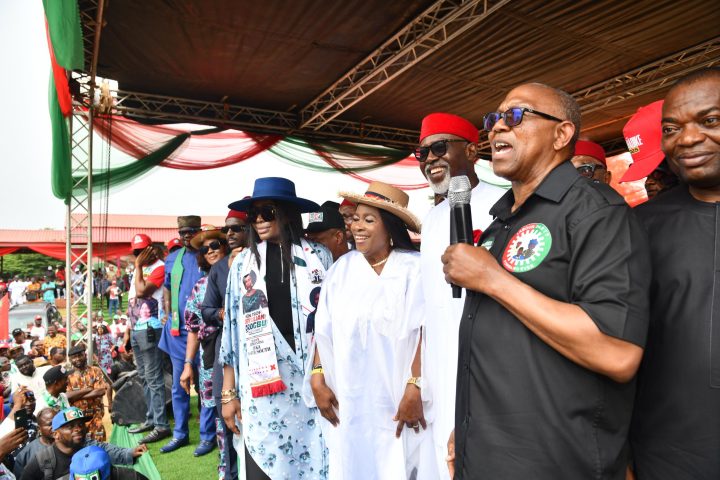
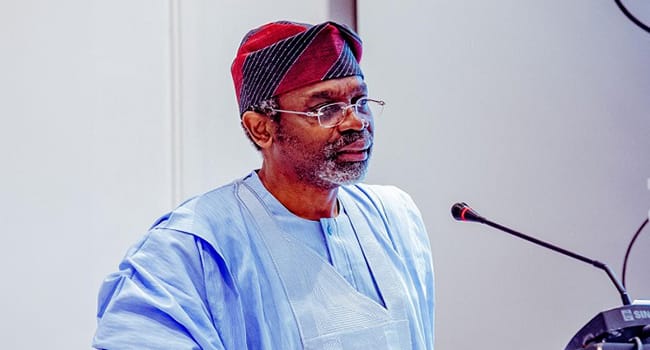






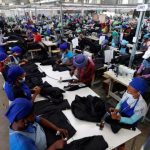


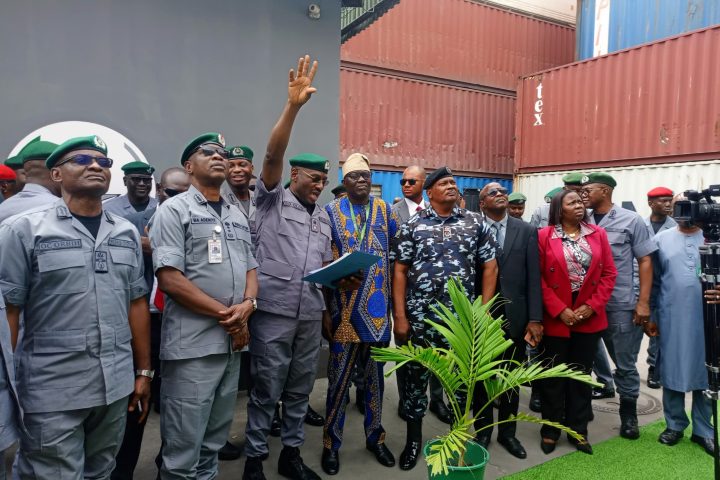

Follow Us